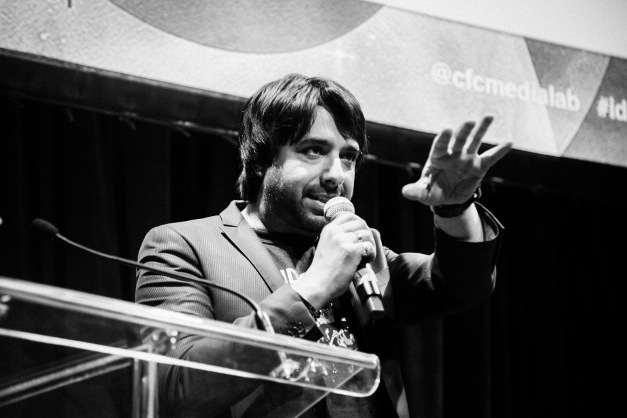The sexual assault of a child is the most abhorrent crime in the world. As a society we curse those who commit such crimes and refuse to recognize them as anything but outsiders and deviants. Unfortunately, pedophilia is far more common than we care to admit.
Former child actors Elijah Wood and Corey Feldman recently drew attention to the problem of pedophilia in Hollywood. While Wood only pointed to events he had heard about (and last year’s documentary film, An Open Secret), Feldman referred to his own experience with abuse
Unfortunately for Feldman, even if he would like to call out the men who abused him as a child he is unable to do so for legal reasons:
I would love to name names. I’d love to be the first to do it. But unfortunately California conveniently enough has a statute of limitations that prevents that from happening. Because if I were to go and mention anybody’s name I would be the one that would be in legal problems and I’m the one that would be sued.
In a stark juxtaposition to Hollywood, Indonesia is also in the news for their dealings with pedophiles. After a 14-year-old girl was brutally gang raped and then murdered, President Joko Widodo introduced a new law that would mean the death penalty or chemical castration for the sexual assault of a minor.
After reading about the injustice of Hollywood, where survivors are unable to prosecute the predators who took advantage of them, reading about Indonesia can feel like a breath of fresh air. However, it’s worth looking beyond our gut reaction to ask if forced chemical castration, and the possibility of the death penalty, will actually work as a deterrent against the sexual assault of a minor. Continue reading








